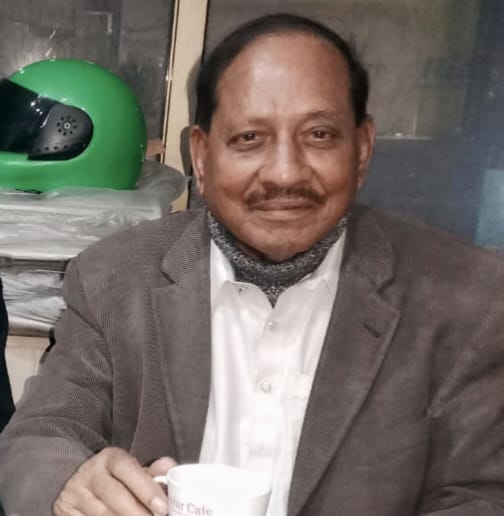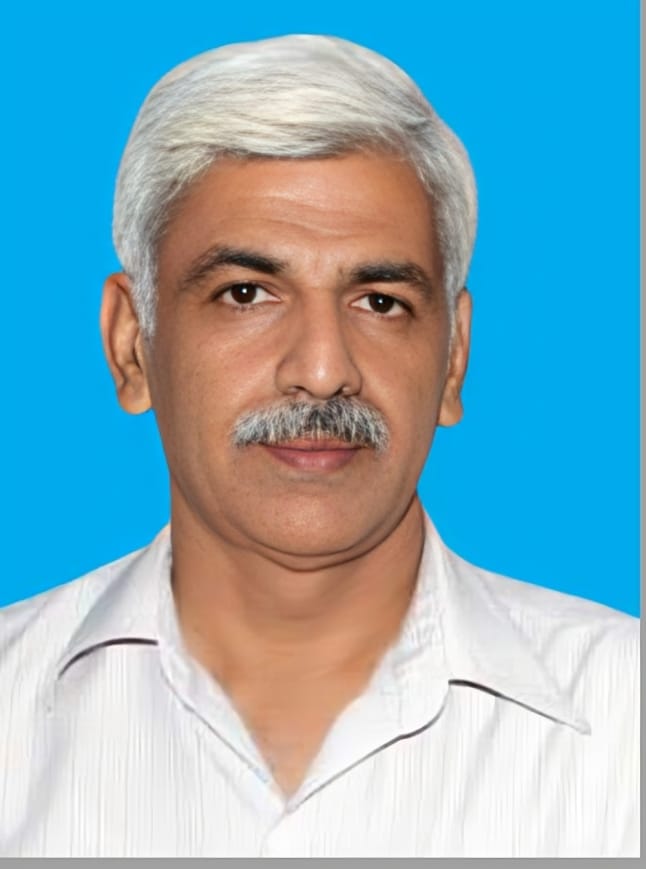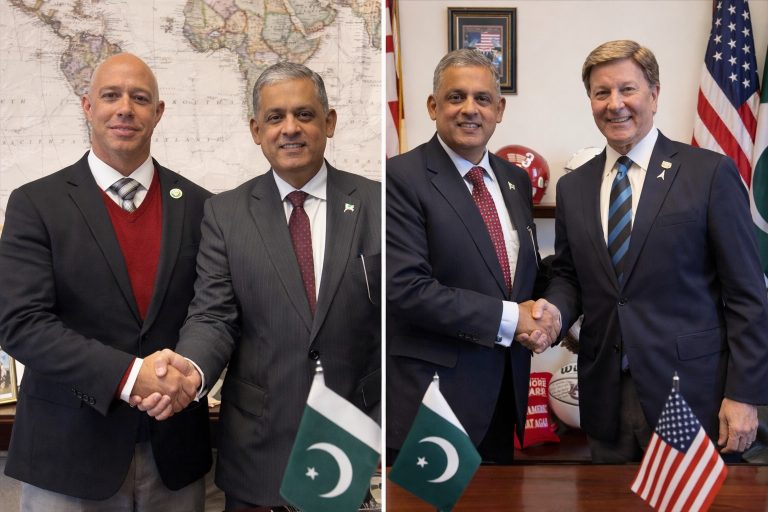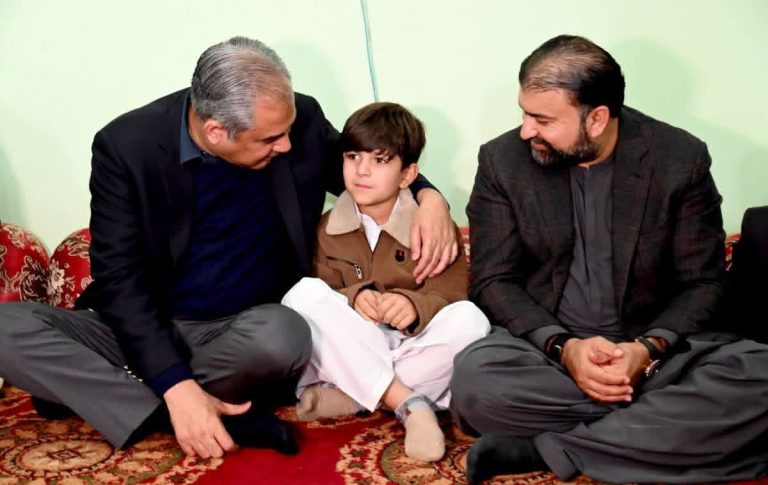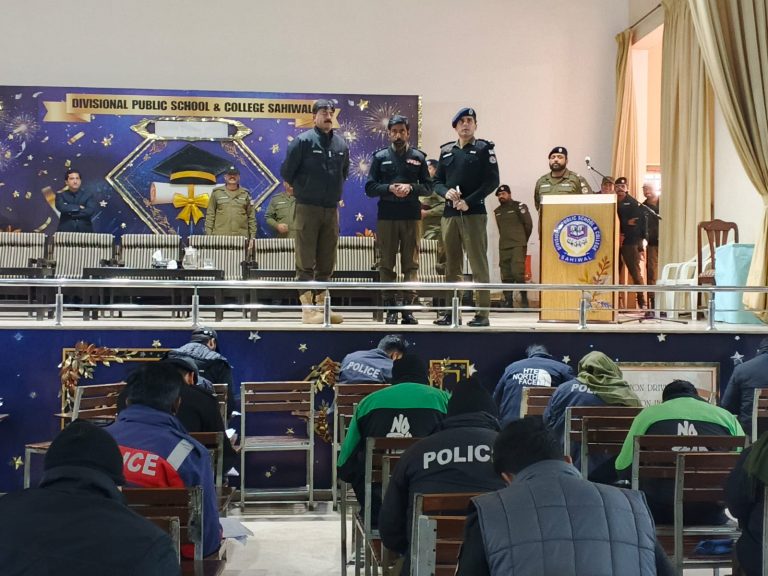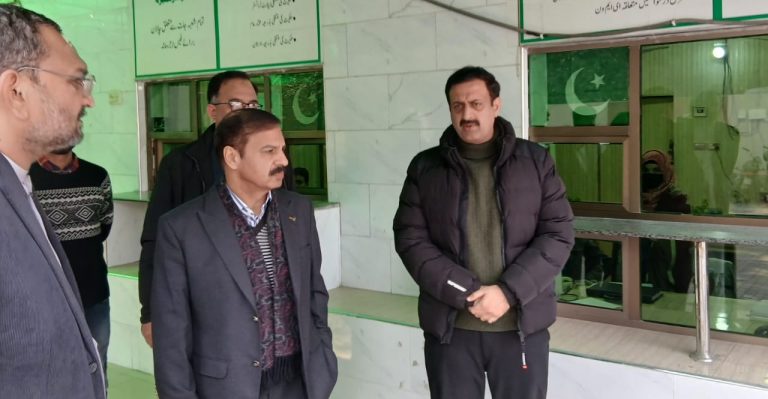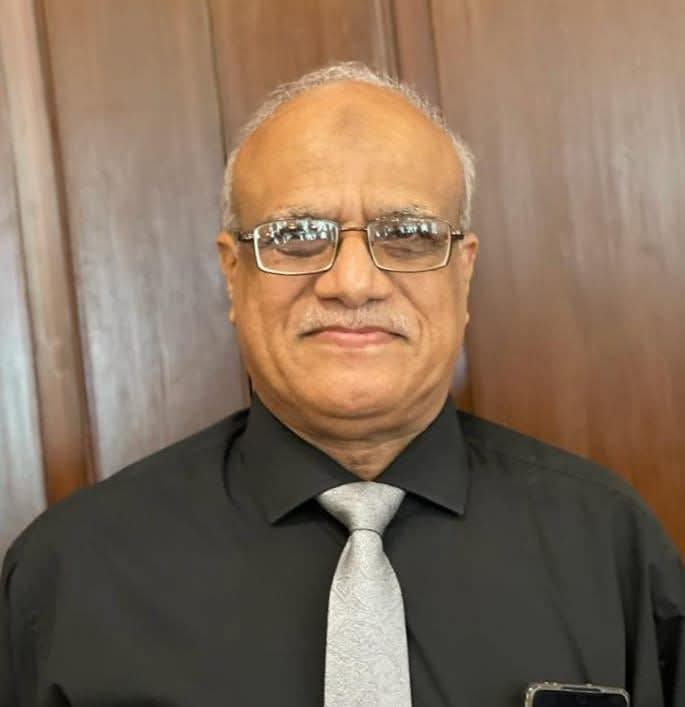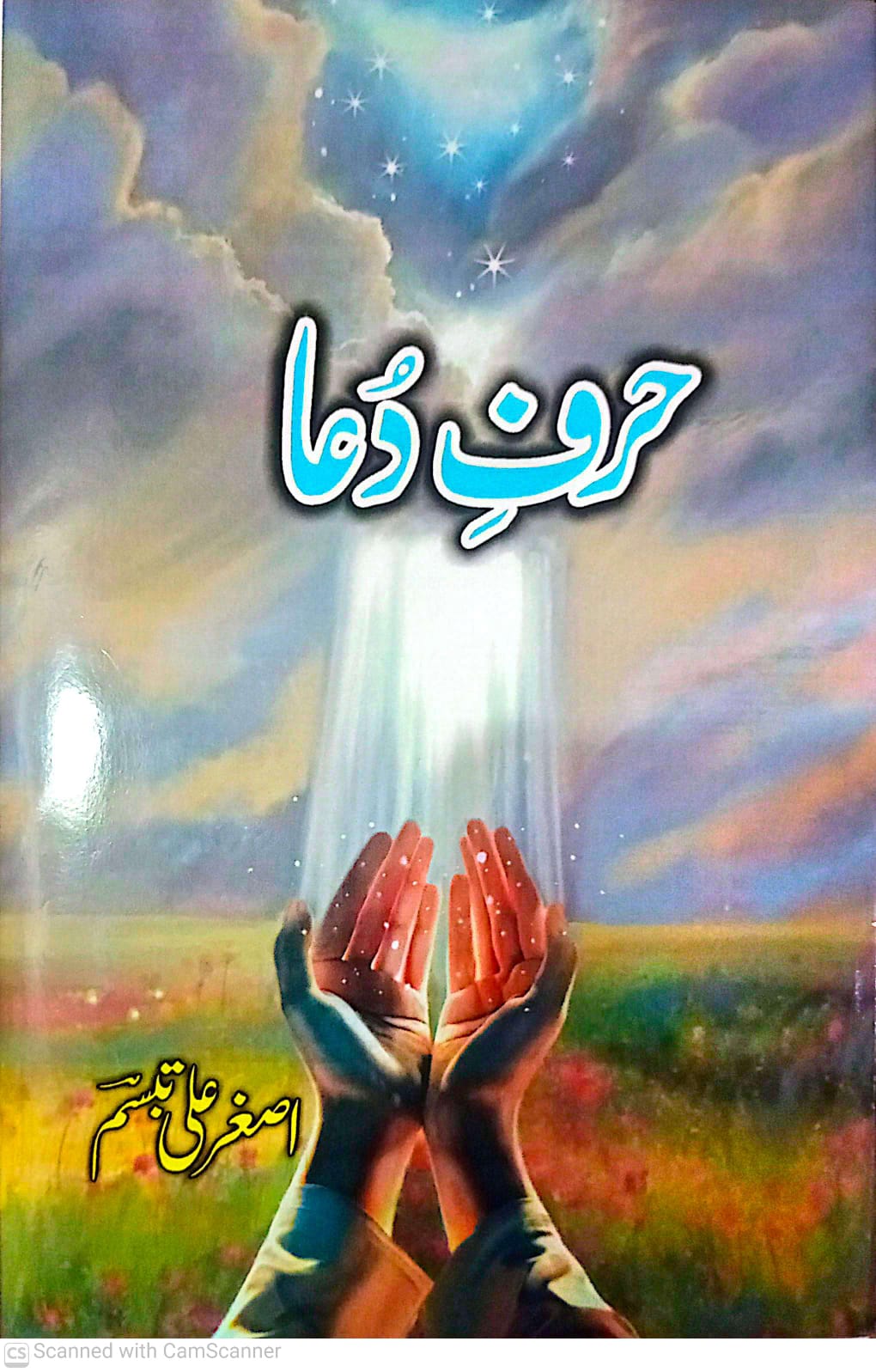
(Publish from Houston Texas USA)
(By: Mian Iftikhar Ahmad)
Harf-e-Dua by Asghar Ali Tabsum is not merely a collection of poetry; it is a living testimony of a lifetime’s spiritual experiences, brokenness, hopes, repentance, and a heart bowed before the majesty of the Almighty. The breaths that move through this book are not the ordinary breaths of verse but those trembling sighs of servitude that turn the deepest darkness within a human being into light. While reading Harf-e-Dua, one feels as if every word is performing a prostration, every line carries the stillness of a midnight prayer, and every supplication reflects that eternal bond between the Creator and His servant. The poet, with the weight of long years and the depth of spiritual truths, shapes his experiences into words in a manner that is not of an ordinary poet but of a man of inner insight. That spiritual intensity is captured beautifully in his verse: “A miracle it was, the miracle of a whispered prayer; every moment I found support in the mercy of my Lord. All the pleasures of the world faded away; in one night of remembrance, what bliss the memory of God contained.” This couplet reveals that inner journey where worldly glitter becomes pale and the radiance of devotion overwhelms everything else. This is also the foundational essence of the entire book.
The simplicity, compassion, tenderness, and humaneness that define Asghar Ali Tabsum’s personality pulse equally through his poetry. Throughout his life he stood by the poor, the laborers, the weak and the forgotten—this very pain and empathy color his thoughts and verse. Yet in Harf-e-Dua, the spiritual elevation he attains marks the highest point of his poetic life, making this collection nothing short of a literary miracle in the journey of more than seventy years. When he writes, words turn into prayers; when he bows, his verse becomes worship; and when he weeps, his tears become the fragrance of love for the Prophet (ﷺ). Thus, the Hamd and Naat in this collection are not simply a continuation of poetic tradition but the voice of a soul that is awake, humbled, and spiritually alive.
He confesses his weaknesses, seeks forgiveness for his errors, longs for divine grace—and even in this repentance there is a unique radiance, the radiance that springs from sincere turning towards God. He writes: “I await Your grace and mercy; all that matters is my connection with You. O my Lord, enlarge the bowl of my need; Your blessings are pouring from all directions.” This is not merely a prayer; it is the confession of a man who has lived his life under the shade of divine mercy and who has felt the endless rain of blessings in every word he writes.
The Naats of Asghar Ali Tabsum hold a state of deep spiritual ecstasy. They carry the light of love for the Prophet Muhammad (ﷺ), a light that perfuses even the words themselves. There is a tenderness, humility, and trembling devotion that is granted only to the most sincere lovers. When he praises the Messenger of God (ﷺ), his voice acquires a vibration that shakes the reader’s heart; one feels as if one is standing beside him, reciting the same prayer, making the same plea.
Asghar Ali Tabsum appears to present the very essence of his life, experiences, and spiritual journey. His autobiographies Masaftein Kya Kya and Aik Aur Masaftein Kya Kya bear witness to the depth of his thought, while his monumental work on the history of Faisalabad reflects his profound attachment to his city—a debt of love he repaid with devotion. That same glow of love appears in Harf-e-Dua, but here the love is not for a city; it is for the Creator of the universe and His beloved Prophet (ﷺ). This love is the center of his soul and the axis of his poetic world.
His thirteen published books—Aatish-e-Ehsas, Jagti Aankhon Ke Khwaab, Ehsas Ki Khushboo, Banda-e-Bashar, Masaftein Kya Kya, Andhiyon Mein Chiragh, Ik Phul Motiyay Da, Ab Mein Bolun Ke Na Bolun, Yeh Des Mera Jamhuri Hai, and now Harf-e-Dua—together form the portrait of a writer who is intellectually grounded, emotionally sensitive, filled with compassion, and marked by profound humility before his Lord. It is also no small honor that on the centennial celebrations of Faisalabad, he was awarded the title of Legend of Faisalabad, a fitting recognition of his lifelong literary and journalistic contributions.
When a poet in his mid-eighties writes with such freshness, such light, and such spiritual vitality, it becomes the greatest proof of the ripening of his inner world. Harf-e-Dua feels not merely like poetry but the distillation of an entire lifetime—its reflections, its worship, its tears, its heartbeat and the cleansing of its soul. Every page opens like a prayer, spreads like a prayer, and leaves its impression like a prayer. This is why the book brings the reader closer to God, drawing them gently into the atmosphere of supplication.
Asghar Ali Tabsum’s art has not diminished with age; it has grown deeper, purer and more luminous. This is the true strength of Harf-e-Dua: it draws the reader into the very act of prayer, into the circle of divine intimacy. This is his artistic triumph, but even more, it is his spiritual success. Harf-e-Dua is the treasure of his lifetime, the light of his inner being, the freshness of his faith, and the prostration of his words. May Allah accept his prayers, grant him long life, and keep his radiant thought alive—Ameen.
